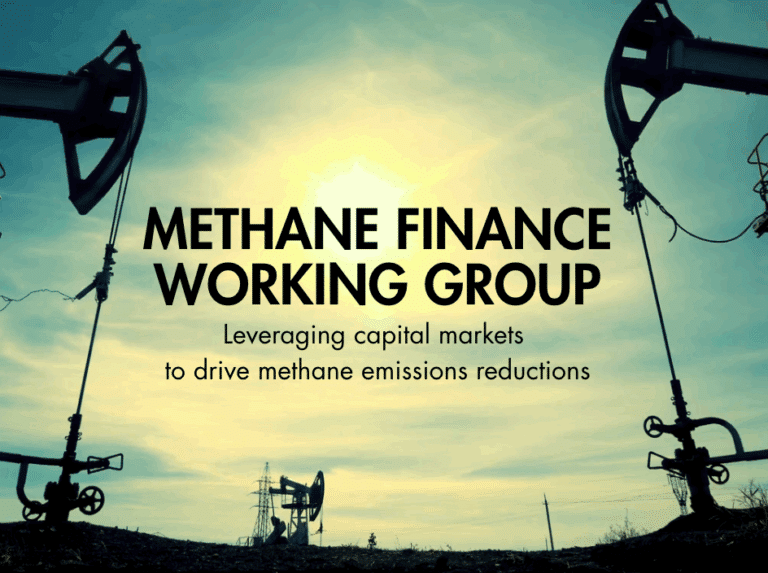Cities, communities pursue energy justice for low-income residents
Nearly one-third of U.S. households consider cost before turning on a heating system during winter or powering up a cooling system during summer, potentially endangering their health.











